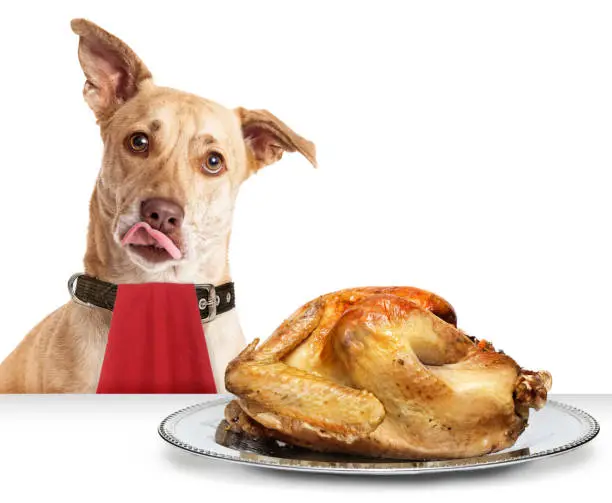Signs of Food Allergies in Dogs: What Every Pet Owner Should Know
Food SensitivitiesJust like humans, dogs can suffer from food allergies — and the signs are often easy to miss. If your furry friend has been dealing with itchy skin, chronic ear infections, or digestive problems, it might not be a coincidence. These could be early signs of food allergies in dogs, and identifying the culprit quickly is key to your dog’s health and comfort. In this article, we’ll break down: 🐾 What Are Food Allergies in Dogs? Food allergies occur when your dog’s immune system overreacts to a specific protein or ingredient in their food. Instead of digesting it normally, the body treats it like a threat and triggers a reaction — often seen through skin, digestion, or behavioral changes. Common allergens include: ⚠️ 7 Signs of Food Allergies in Dogs Here are the most common symptoms to watch for: 1. Itchy Skin (Pruritus) Persistent scratching, licking, or chewing — especially on the paws, belly, ears, or rear — is often the first sign of a food allergy. This itching can lead to hair loss, redness, and sores if left untreated. 2. Chronic Ear Infections If your dog experiences frequent ear infections or foul-smelling ears, it could be due to inflammation caused by food allergies. Yeast thrives in moist, irritated environments, and allergies can create the perfect condition. 3. Upset Stomach Vomiting, diarrhea, or gas can all point to a food allergy. These symptoms often appear after mealtime and can worsen over time. 4. Frequent Bowel Movements or Loose Stool More than two to three bowel movements a day or soft, unformed stools might be a red flag. Some dogs even develop mucus in their poop or strain to go. 5. Red, Inflamed Skin or Rashes Look closely at your dog’s armpits, groin area, paws, and muzzle. Allergic reactions often show up as rashes, hives, or hot spots. 6. Scooting or Anal Gland Issues Dogs with food allergies may scoot their rear on the ground due to inflamed or irritated anal glands. This often coincides with soft stool or diarrhea. 7. Behavioral Changes Restlessness, constant licking, or unusual aggression may indicate discomfort from food allergies. Dogs can’t explain their pain — they show it in behavior. 🍽️ Food Allergy vs. Food Intolerance Allergy: An immune reaction (e.g., itchy skin, inflammation, or infections).Intolerance: A digestive issue (e.g., gas, bloating, or diarrhea) without immune involvement. While both cause discomfort, allergies tend to be more severe and longer-lasting. A vet diagnosis is often needed to confirm the difference. 🧪 How to Diagnose Food Allergies in Dogs There’s no instant test for food allergies. The most accurate way is an elimination diet trial, which includes: Your vet can guide you through this process and may recommend a prescription diet. ✅ Best Diet Options for Dogs with Food Allergies When choosing food, look for: Some trusted allergy-friendly dog foods include: 🐶 Final Thoughts If your dog shows signs of food allergies, don’t ignore the symptoms. Identifying the cause early can save your pup from long-term discomfort and health issues. Partner with your vet to create a safe diet plan and monitor their progress closely. 👉 Have you dealt with food allergies in your dog? Share your experience or favorite allergy-safe dog food in the comments below!
Signs of Food Allergies in Dogs: What Every Pet Owner Should Know Read More »


